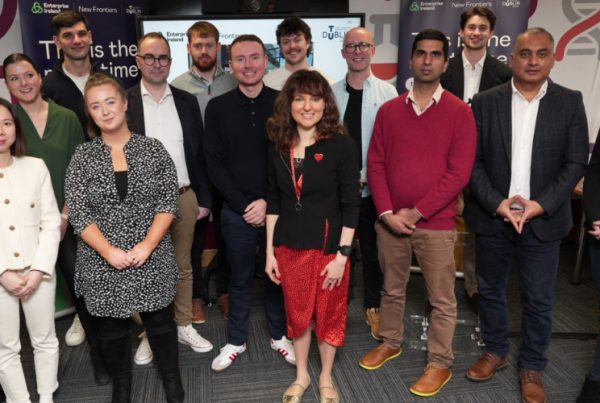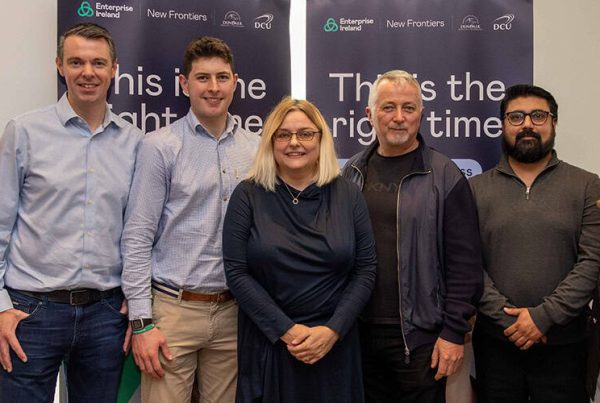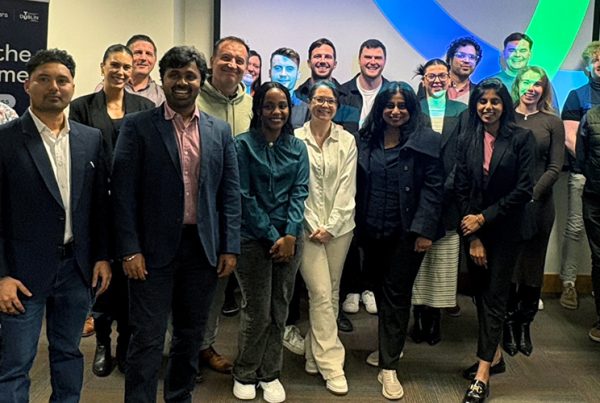
International growth is not the same as getting beta customers in your home market – to sell overseas, you’ll need to be able to scale your sales acquisition, and service and manage all the possible agents and resellers in the market. This article will illustrate the major points your startup should be aware of and how you can best position yourself for international growth
The international growth ‘toolkit’
Startups today have to think in terms of international growth pretty much from day one. However, it involves a very different set of skills than the one it takes to achieve the first beta customer in your own market – skills more aligned to scaling growth, and managing customers and intermediaries at a distance. We’ll look at how to achieve those first international customers and then how to consider the major intermediaries – agents, wholesalers, and resellers – that you might take on and looking out for key differences and watchpoints for your international growth strategy.
Startups today are growth-oriented, and it helps your vision and investment narrative to be so. However, it is useful to look at some scaling international companies to see some of the effects that international growth has had on their product/service offering.
The US example
Looking at US companies, language is an interesting issue. For their home markets (which remember, might be a state such as California with ~38 million people), a common English language allows them to scale to much larger markets than a European or Asian equivalent. When they do start to internationalise, they manage their UX very carefully (for instance, by using symbols and pictures such as an envelope to indicate mailbox, or an avatar to represent personal settings). This leads them to think about customer onboarding, which might involve the delivery of online training and certification, like the Salesforce University.
Looking again to the US for a lead in this subject, we can look at large urban regions as proxies for our international efforts. If a startup operates in the Los Angeles area, they have a population equivalent to the Netherlands and Belgium within two hours, or in the New York region, a population equivalent to the UK within three hours. Think in these city terms as you internationalise in Europe. The UK is too broad a target to have as a vision, try a market entry point such as Manchester/Liverpool or Newcastle/Edinburgh – two regions with populations (i.e. a market) the size of about 5 Million people. This gives you an accessible target to aim for.
Understanding and managing your network
Internationalising will offer you many options to scale your customer acquisition, from agents, wholesalers, distributors, and resellers. All good options, if you appreciate the differences between them and manage them as tightly as you would your first customer. Essentially, their roles can be defined as follows:
- Agents – they will act on your behalf and get a margin of the sale
- Wholesalers – they will buy your product and sell it on to their network
- Distributors – they will move your product to customers but won’t buy your product off you in advance
- Resellers – they will have authority to act for themselves, selling your product directly and passing a margin back to you
As you can see, there are significant differences in who owns the product, who tracks the cashflows and who owns the actual customer.
Filling the gaps in your knowledge
Finally, it is worth noting that doing or operating business internationally exposes you to risks that are not that easy to ignore, such as different legal codes, local practices and competitive bidding that you might not be used to. It is hoped that you probably do achieve early market adoption in your home market, allowing you to somewhat perfect your product-market fit, achieve seed funding and get good legal, corporate finance and taxation advisors with good experience in international markets.
In technical sales, enterprise sales and equivalent, international sales also means a harder-to-reach customer in terms of training, development, the understanding of their actual usage and remoteness from up- and cross-selling. On the other hand, international sales means that you are able to compete with local players in the market, suggesting you have a defendable and sustainable USP.
Remember though, that internationalisation is not a goal in itself for your startup – it is a process that needs to be managed, in the same way as marketing or product development, so that you can build value for your customers, your investors, and your team.
About the author
 Alan Costello
Alan Costello
Alan Costello is a business consultant and Enterprise Ireland/New Frontiers mentor, helping scaling companies across multiple sectors. Alan is also the founder and managing director of Ruby Consulting, a strategy and innovation-focused boutique consultancy which strives to assist in the growth of companies and to work with business owners and leaders to help orientate planning for action.
After completing his MBA, Alan began working with early-stage startups, VCs, PE firms, universities and enterprise agencies. Alan provides high-value input for small/early-stage/HPSU companies, as well as delivering projects and programmes for public sector agencies, universities, colleges, large corporates, venture capital and many early-stage startups with ambitions to scale internationally.
Recent articles

Founder Perspectives: Lessons From Building Businesses In Sustainability

Tech Startups In The Age Of AI: Alumnus Paul Savage On Speed, Quality & Risk

Fourteen Startup Founders Graduate From Phase 2 Of New Frontiers In Tallaght

Eleven Founders Graduate From New Frontiers In The Border Mid-East Region

Laying The Right Groundwork Helps Startups Prepare For Export Success

Startup In Dublin: Learn More About New Frontiers On TU Dublin’s Grangegorman Campus

Michael Furey On The Success Of Ronspot: “The Most Important Thing Is Research”

 Alan Costello
Alan Costello
